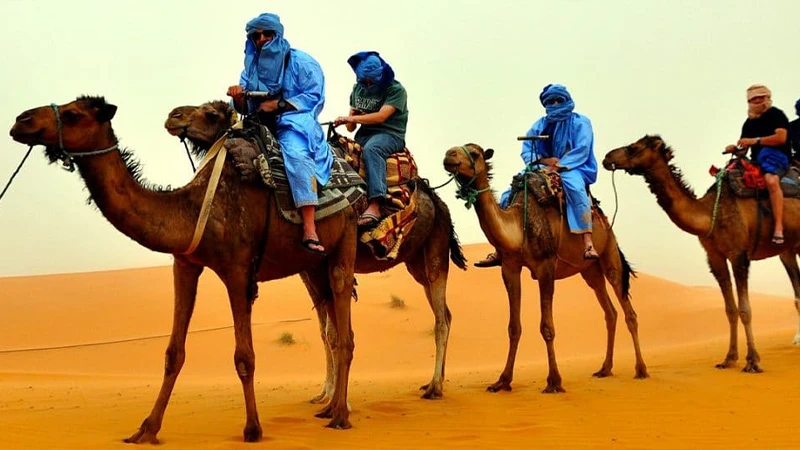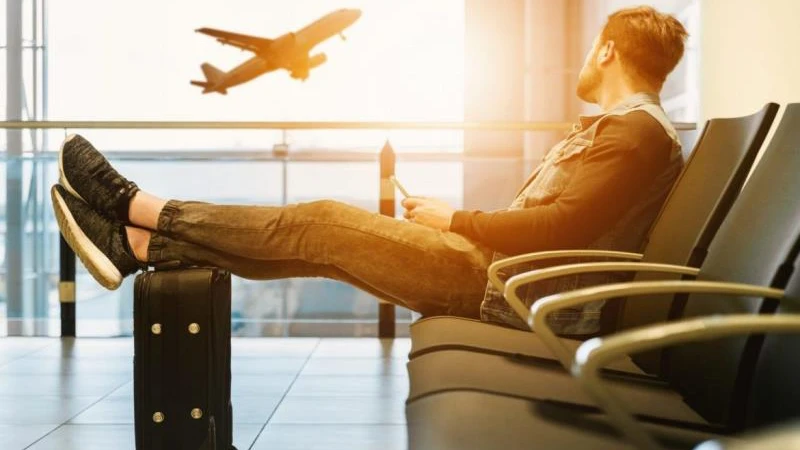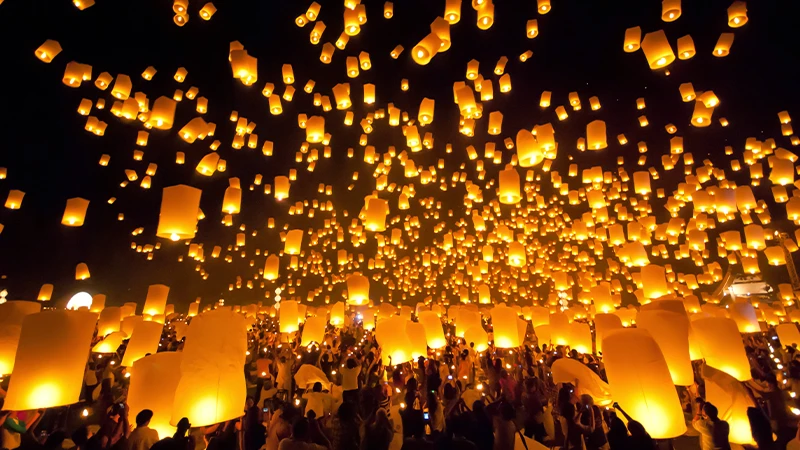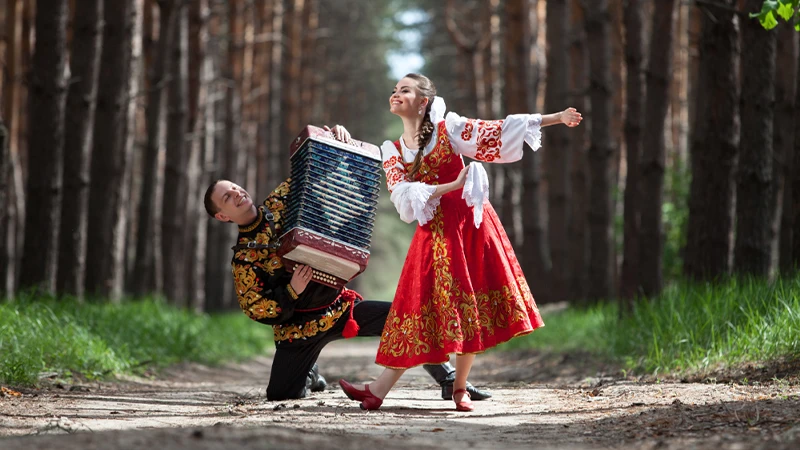When traveling to new destinations, particularly those with indigenous communities, it’s essential to approach your journey with respect and understanding. Indigenous cultures often have deep-rooted traditions, beliefs, and practices that are intertwined with the land and history. As a traveler, it’s crucial to be mindful of how your actions impact these communities and their environments. Ethical travel isn’t just about having a good experience; it’s about ensuring that your presence respects the cultural and environmental integrity of the places you visit.
This guide offers tips on how to engage respectfully with indigenous cultures, making sure that your travels not only benefit you but also support and honor the local communities.
1. Do Your Research Before You Go
Why It’s Important:
Understanding the history, values, and practices of the indigenous communities in the places you’re visiting is crucial to respectful engagement. Many indigenous cultures have experienced centuries of colonization, discrimination, and marginalization, so it’s important to recognize the historical and contemporary challenges they face.
How to Do It:
- Read Books and Articles: Seek out books and articles written by indigenous authors or those that highlight the perspectives of the community. These sources can provide a deeper understanding of the culture and its history.
- Learn the Basics: Familiarize yourself with the language, customs, and social structures. Even learning a few words in the local indigenous language can go a long way in showing respect and appreciation.
- Watch Documentaries or Attend Talks: Look for films, documentaries, and talks about indigenous cultures. These visual or auditory resources can help you gain insights into their way of life.
2. Support Indigenous-Led Tourism
Why It’s Important:
Indigenous-led tourism offers travelers an opportunity to engage directly with local communities in a way that ensures the cultural and financial benefits stay within the community. By supporting indigenous-owned businesses, you help empower these communities and promote cultural preservation.
How to Do It:
- Look for Authentic Experiences: Rather than participating in mainstream tourist activities, choose tours, events, and accommodations run by indigenous people. This allows the community to directly benefit from tourism and ensures that their customs are represented accurately.
- Research Ethical Travel Agencies: Some tour operators specialize in responsible travel and work directly with indigenous communities. These agencies aim to ensure that tours are not exploitative and that cultural sensitivity is a priority.
- Buy from Local Artisans: Purchasing handmade crafts, clothing, and art directly from indigenous artisans not only provides financial support but also helps preserve traditional crafts and techniques.
3. Ask for Permission Before Taking Photos or Videos
Why It’s Important:
For many indigenous communities, taking photos or videos without permission can be seen as intrusive or disrespectful. In some cultures, the act of capturing an image is believed to steal a part of a person’s soul or essence. It’s important to always ask before photographing or filming people or sacred sites.
How to Do It:
- Ask Politely: If you wish to take a photo of people, always ask for their consent first, and respect their decision if they decline. If they agree, show appreciation and be mindful of how you frame the image.
- Respect Sacred Spaces: Sacred sites, such as religious shrines, ceremonial spaces, or places of spiritual significance, may be off-limits for photography. Always check local guidelines or ask before taking any photos in these locations.
- Avoid Exploitative Images: Resist the urge to take “exotic” photos that may perpetuate stereotypes. Instead, focus on images that respect the dignity of the people and their culture.
4. Respect Local Traditions and Ceremonies
Why It’s Important:
Indigenous ceremonies, rituals, and traditions hold deep cultural and spiritual significance. These practices are often private and sacred and should not be treated as spectacles for entertainment or tourism. Participating in or observing these ceremonies without understanding their context can be disrespectful.
How to Do It:
- Be Invited: If you wish to observe or participate in a ceremony or traditional practice, ensure you are invited. Many communities are open to sharing their traditions with respectful travelers, but you must be invited or granted permission.
- Dress Appropriately: When attending ceremonies or community events, dress modestly and according to the local customs. If you’re unsure, ask your guide or host about the appropriate attire.
- Understand the Meaning: Take time to learn about the significance of the ceremony or practice before attending. This shows that you are genuinely interested in the culture and are not just seeking entertainment.
5. Be Mindful of Environmental Impact
Why It’s Important:
Indigenous communities often live in close connection with the land, and their cultural practices are deeply tied to the natural environment. Travelers have a responsibility to minimize their environmental footprint and protect the areas they visit.
How to Do It:
- Respect Natural Resources: Indigenous communities often rely on local natural resources for sustenance, including land, water, and wildlife. Be mindful of how your travel may impact these resources and practice sustainable tourism.
- Leave No Trace: Follow the “Leave No Trace” principles when hiking, camping, or exploring. Dispose of waste properly, avoid damaging vegetation or wildlife, and leave the environment as you found it.
- Support Conservation Efforts: Many indigenous groups are actively involved in conservation and environmental protection efforts. Support these initiatives by choosing eco-friendly tours and donating to local environmental organizations.
6. Engage with Local Communities in a Meaningful Way
Why It’s Important:
Building respectful relationships with indigenous people involves more than just observing their culture. Meaningful engagement allows travelers to learn directly from locals, support their initiatives, and contribute to their economic well-being.
How to Do It:
- Take Part in Cultural Experiences: Engage in activities that allow you to learn about indigenous culture, such as cooking classes, storytelling sessions, or traditional art workshops. These experiences can provide deeper insights and foster mutual respect.
- Be Humble and Open-Minded: Approach indigenous communities with humility and an open mind. Avoid acting superior or condescending. Understand that cultural differences exist, and be willing to listen and learn.
- Avoid Stereotyping: Resist reducing indigenous cultures to stereotypes or generalizations. Each indigenous community has its own unique history, practices, and values. Approach them as individuals rather than as representatives of an entire group.
7. Support Education and Empowerment Initiatives
Why It’s Important:
Many indigenous communities face challenges related to poverty, access to education, and political representation. By supporting programs that focus on education, empowerment, and cultural preservation, you can help contribute to the sustainable development of these communities.
How to Do It:
- Donate to Local Causes: Consider donating to organizations or community initiatives that support indigenous education, health, and social welfare. This can include supporting schools, language preservation projects, and local advocacy groups.
- Volunteer Carefully: If you plan to volunteer in an indigenous community, make sure you are working with a reputable organization that respects the needs and wishes of the community. Your presence should empower the community, not create dependency.
- Choose Sustainable Accommodation: Stay in accommodations that are either owned by indigenous people or are committed to sustainable practices. This ensures that tourism dollars stay within the local community and contribute to its long-term well-being.
8. Understand the Importance of Language
Why It’s Important:
Language is a key aspect of cultural identity for many indigenous communities. Even if you don’t speak the local language fluently, making an effort to learn a few words can help demonstrate your respect for the culture.
How to Do It:
- Learn Key Phrases: Learn a few basic phrases in the local language—greetings, “thank you,” and “please” go a long way. This effort shows respect for the community and enhances your cultural connection.
- Be Patient and Humble: If the language barrier is significant, approach conversations with patience and understanding. Indigenous people may speak multiple languages, so be open to using translation services or guides if needed.
9. Be Sensitive to Economic and Social Issues
Why It’s Important:
Many indigenous communities around the world are facing challenges such as land displacement, poverty, and the erosion of cultural traditions. Being sensitive to these issues is essential for respectful travel, as it can guide your interactions and decisions.
How to Do It:
- Respect Sovereignty: Be aware of land rights and sovereignty issues that may affect indigenous communities. Avoid participating in activities that may harm or exploit their land or resources.
- Avoid Exploitative Practices: Some forms of tourism, such as “poverty tourism” or “human zoo” style attractions, may exploit indigenous people for profit. Avoid tours that put local people in the role of spectacle or commodify their culture.
- Contribute Meaningfully: If you’re engaging in cultural activities or purchasing goods, ensure your spending directly benefits the community, not third-party operators who profit from their cultural heritage.
Conclusion: Travel with Integrity and Respect
Respecting indigenous cultures while traveling is a vital part of responsible and ethical tourism. By doing your research, supporting indigenous-led tourism, and being mindful of your actions, you can ensure that your travels contribute positively to the communities you visit. Remember that cultural exchange is a two-way street—your actions should reflect respect, curiosity, and a genuine interest in learning from the people and places that make the world so diverse and beautiful.
Traveling responsibly means leaving a positive impact on the destinations you explore, respecting the rights of indigenous communities, and fostering understanding and solidarity across cultures. Your thoughtful approach can help preserve the richness of indigenous cultures for future generations to appreciate.









dfgdfgdfg
HEYYYY